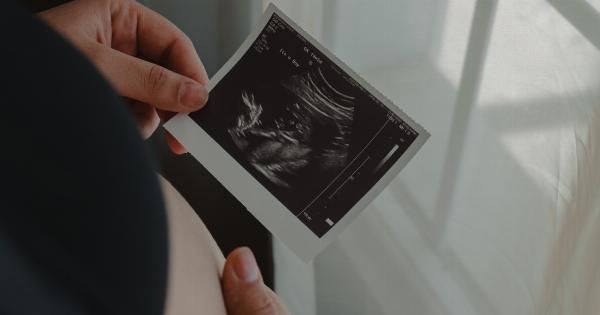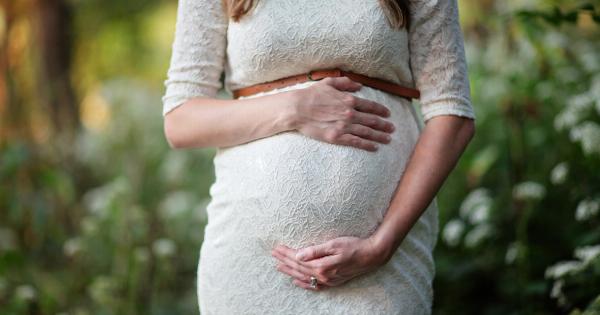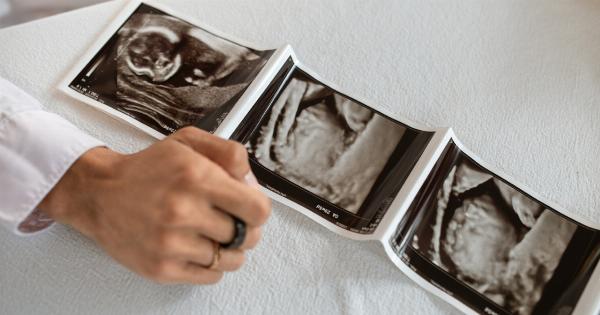Pregnancy is one of the most beautiful experiences a woman can have, but it also brings along certain challenges. Every pregnancy is different, and some women may experience high levels of stress during this time.
While stress is a natural part of life, it can have negative impacts on a pregnancy and the health of the mother and baby. Knowing when high stress during pregnancy becomes a concern is crucial for ensuring a healthy pregnancy.
Understanding Stress During Pregnancy
Stress is a normal part of life, and it can be both positive and negative. Positive stress, also known as eustress, can motivate a person to accomplish tasks and meet goals.
However, negative stress, also known as distress, can lead to negative physical and emotional effects.
During pregnancy, a woman’s body goes through significant changes, and the stress levels can increase as a result.
Common causes of stress during pregnancy include financial concerns, relationship problems, work-related issues, and health concerns. Hormonal changes in the body can also contribute to stress.
The Impact of High Stress on Pregnancy
Experiencing high levels of stress during pregnancy can have negative impacts on both the mother and baby. It can increase the risk of preterm labor, low birth weight, and developmental delays in the baby.
It can also lead to higher levels of anxiety and depression in the mother.
If left untreated, stress during pregnancy can also increase the risk of postpartum depression and anxiety. It can affect the mother’s ability to bond with her baby and interfere with breastfeeding and caring for the baby.
Signs of High Stress During Pregnancy
It is important for women to recognize the signs of high stress during pregnancy. Some common signs include:.
- Difficulty sleeping
- Frequent headaches
- Increased heart rate
- Muscle tension
- Nausea
- Lack of appetite
- Increased irritability
- Social withdrawal
If a woman experiences any of these symptoms regularly, it is essential to speak with a healthcare provider to evaluate the situation and determine appropriate next steps.
Coping with Stress During Pregnancy
There are many ways to cope with stress during pregnancy, but it is essential to choose techniques that are safe for both the mother and baby. Some safe options include:.
- Deep breathing exercises
- Yoga and prenatal exercise
- Massage therapy
- Acupuncture
- Guided imagery and meditation
- Aromatherapy with essential oils
- Talking with a counselor or therapist
- Joining a support group
- Getting enough rest and sleep
- Reducing work and social obligations
It is important for women to make time for self-care during pregnancy, including activities that help them relax and de-stress.
When to Seek Help
It is essential to seek help for high stress during pregnancy if it is interfering with daily activities or causing significant physical or emotional distress. Healthcare providers can evaluate the situation and provide appropriate treatment.
Women should seek help immediately if they experience:.
- Severe headaches
- Chest pain
- Shortness of breath
- Faintness or dizziness
- Abdominal pain or cramping
- Excessive vaginal bleeding
- Decreased fetal movement
These symptoms could indicate a medical emergency and require immediate attention.
Conclusion
Stress is a common part of life, but high levels of stress during pregnancy can have negative impacts on both the mother and baby. It is important to recognize the signs of high stress and seek appropriate help when needed.
Coping with stress during pregnancy is essential for ensuring a healthy pregnancy, and women should choose safe techniques that help them relax and de-stress.






























